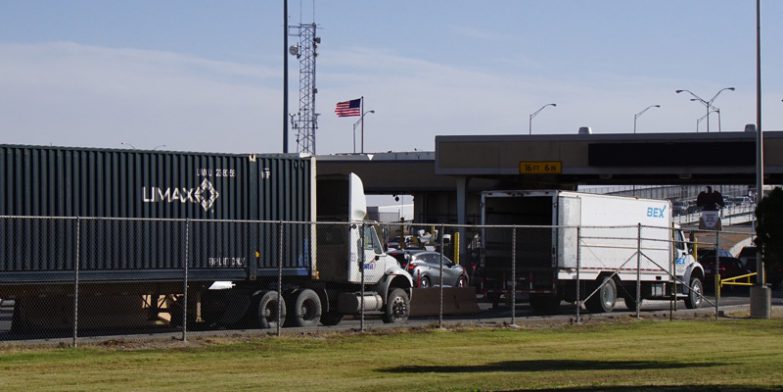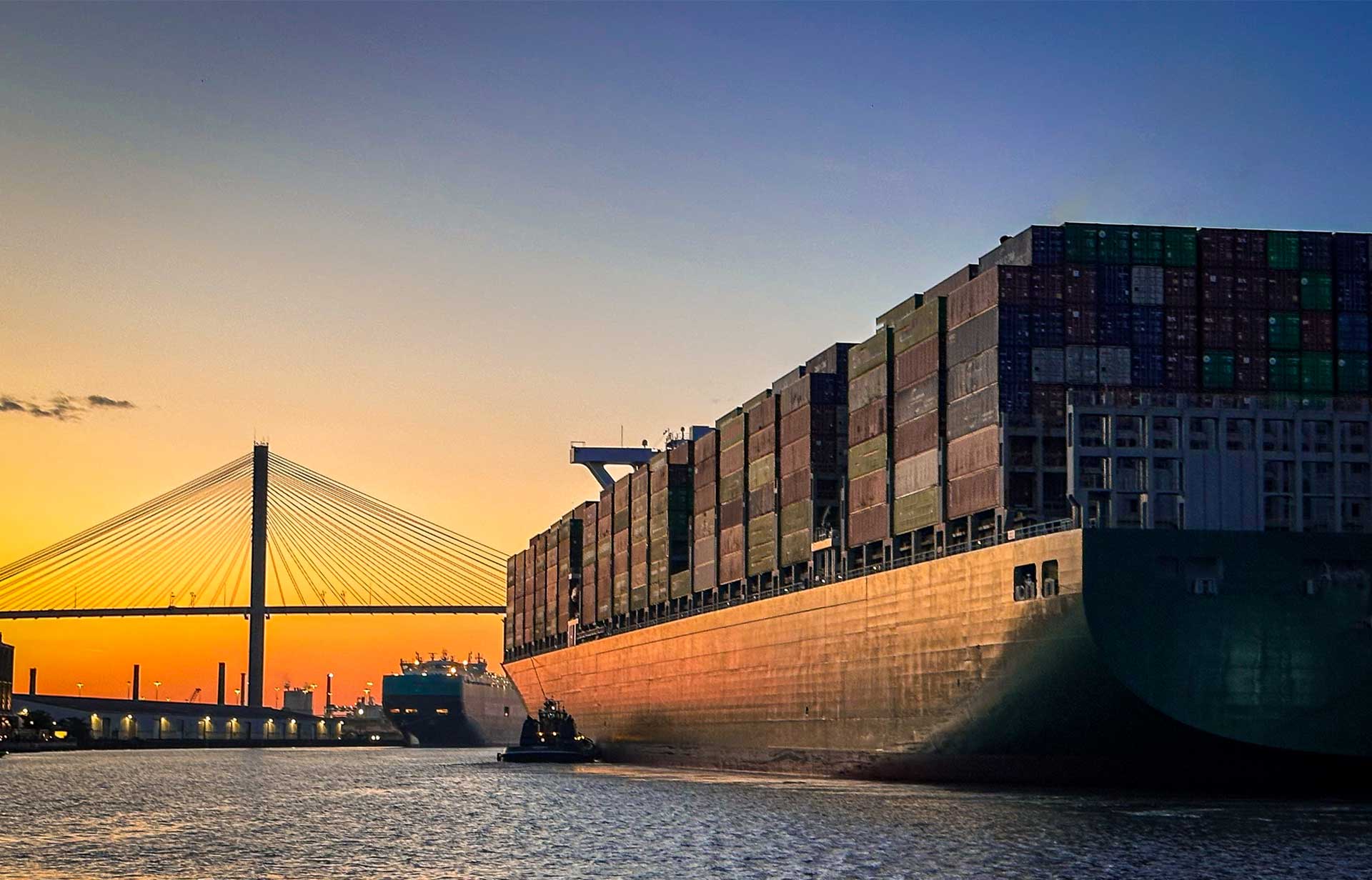
While the current U.S. government shutdown has not yet caused major disruption to trade, importers and exporters are monitoring developments closely.
Experience from past shutdowns suggests that, if it continues, the effects could quickly spread across international supply chains.
At present, ports and border crossings remain open, but reduced staffing levels at federal agencies could soon slow customs processing, inspections, and clearance of goods. If backlogs build, shipments may experience delays at key entry points, disrupting schedules for importers and exporters on both sides of the Atlantic and Pacific.
Even modest slowdowns can have a magnified effect. Delayed clearance of imports may tie up containers and increase demurrage costs, while exporters awaiting documentation or regulatory approval could face postponed sailings and airfreight departures.
Regulatory and Compliance Risks
Many U.S. trade agencies provide essential functions such as export licensing, product safety certification, and security checks. These processes are likely to be affected if furloughs expand or administrative capacity is reduced. Companies trading in controlled goods, food, pharmaceuticals, or technology may experience longer lead times for approvals and documentation.
Businesses should also anticipate possible knock-on effects for compliance reporting, tariff rulings, and other filings that depend on federal review. Proactive planning, such as early submission of paperwork and contingency scheduling, can help minimise risk if the situation escalates.
Financial and Supply Chain Considerations
Uncertainty surrounding the duration of the shutdown may lead to short-term volatility in freight rates and currency markets. Importers and exporters relying on time-sensitive supply chains could face cost increases if they need to expedite shipments or divert cargo through alternative routes.
Companies are advised to review their plans, check buffer stocks, and maintain close contact with carriers and customs brokers to stay ahead of any procedural changes. Enhanced visibility and communication across global supply networks will be critical if conditions tighten.
For now, trade continues largely unaffected, but preparation remains the best defence. Businesses that model potential disruption scenarios and maintain flexible logistics options will be best positioned to manage any slowdown in customs or regulatory processes.
If the shutdown extends, its impact on imports and exports could escalate quickly, reminding all participants in global trade that preparedness and agility are essential in times of uncertainty.
Our dedicated brokerage team is on hand to help you prepare for potential disruption and keep your imports and exports moving smoothly.
We can advise on contingency planning, documentation requirements, and proactive customs strategies to minimise risk during the U.S. government shutdown.
Contact our team today to discuss your customs and compliance needs.





